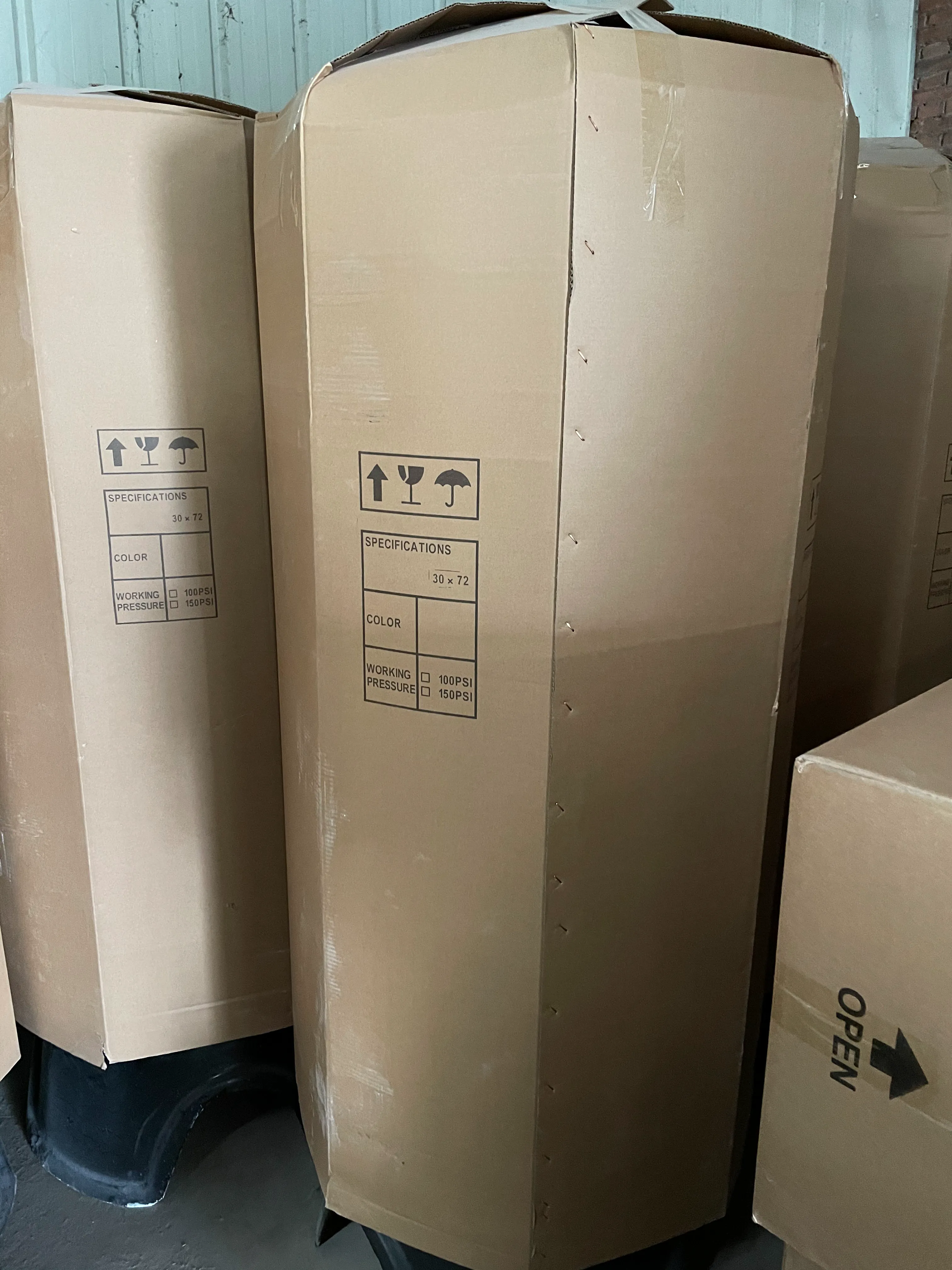loading...
- No. 9, Xingyuan South Street, Dongwaihuan Road, Zaoqiang County, Hengshui, Hebei, China
- admin@zjcomposites.com
- +86 15097380338
- Welcome to visit our website!
Exploring Filtration Technologies for Enhancing Pressure Vessel Performance and Safety in Industrial Applications
The Importance of Pressure Vessel Filters in Industrial Applications
Pressure vessels play a critical role in a variety of industrial processes. They are designed to hold gases or liquids at a pressure substantially different from the ambient pressure. To ensure their safe and efficient operation, the integration of filters in these systems is imperative. Pressure vessel filters are essential components that not only aid in maintaining the integrity of the vessel itself but also enhance overall process efficiency.
What are Pressure Vessel Filters?
Pressure vessel filters are devices specifically designed to remove contaminants from fluids within a pressure vessel. These contaminants may include solid particles, rust, dust, and other impurities that could negatively impact the quality of the substance being processed. Filters can be classified into different types based on their operation mechanism, including mechanical, chemical, and electrostatic filters. Each type serves a distinct purpose and is selected based on the specific requirements of the application.
The Role of Filters in Pressure Vessels
1. Preventing Equipment Damage One of the primary purposes of pressure vessel filters is to prevent damage to the equipment and the vessel itself. Contaminants can lead to the wear and tear of valves, pumps, and other components within the system. By ensuring that only clean fluids enter the vessel, filters help prolong the lifespan of these crucial apparatuses.
2. Maintaining Product Quality In many industries, particularly in pharmaceuticals, food and beverage, and chemical processing, the quality of the end product is of paramount importance. Contaminated fluids can lead to substandard products, which, in turn, can result in financial losses and damage to a company’s reputation. Pressure vessel filters help maintain the purity of the fluids, thereby ensuring that the final product meets regulatory standards and quality expectations.
pressure vessel filter

3. Enhancing Operational Efficiency Pressure vessels rely on specific conditions, such as temperature and pressure, to function optimally. Contaminants can disrupt these conditions, leading to inefficiencies and increased energy consumption. By filtering out undesirable elements, pressure vessel filters help maintain the desired operational conditions, thereby improving efficiency and reducing operational costs.
4. Reducing Maintenance Costs Regular maintenance is essential for the safe operation of pressure vessels. However, contamination can lead to more frequent breakdowns, resulting in higher maintenance costs. By installing effective filters, businesses can mitigate these risks, lower the frequency of maintenance, and ultimately save money.
Choosing the Right Pressure Vessel Filter
Selecting the appropriate filter for a pressure vessel involves careful consideration of several factors, including the type of fluid being processed, the expected contaminant load, and the specific pressure and temperature conditions of the system. It is vital to consult with filter manufacturers or industry experts to identify the most suitable filtration solution for each unique application.
Conclusion
In conclusion, pressure vessel filters are indispensable components in modern industrial applications. Their role in preventing equipment damage, maintaining product quality, enhancing operational efficiency, and reducing maintenance costs cannot be overstated. As industries continue to prioritize safety, quality, and efficiency, the demand for high-performance pressure vessel filters is likely to grow. Investing in these filtration solutions not only safeguards the integrity of pressure systems but also contributes to the overall success and sustainability of industrial operations.
-
Premium FRP Handrail for All ApplicationsNewsAug.29,2025
-
Low Maintenance FRP Mini Mesh Grating ProductsNewsAug.29,2025
-
Innovative FRP Square Tubes for Modern Industrial SolutionsNewsAug.29,2025
-
FRP Water Storage Tanks Wholesale Solutions for Bulk BuyersNewsAug.29,2025
-
FRP Molded Grating Solutions for Diverse Industrial ApplicationsNewsAug.29,2025
-
Construction Advancements Through FRP Pultruded ProfilesNewsAug.29,2025
-
Why Choose FRP Railings, Guardrails, and Handrail Systems?NewsAug.29,2025
